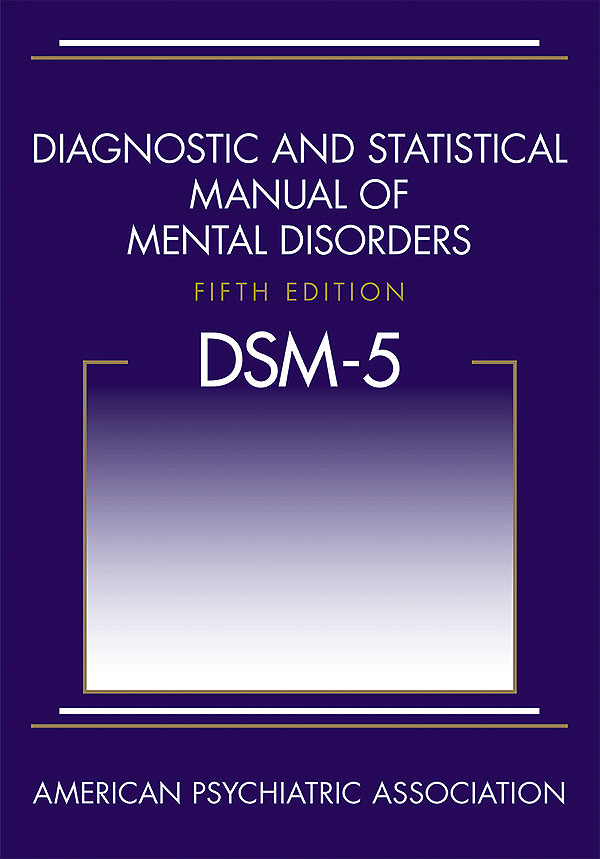Juan E. Mezzich, M.D., Ph.D. (born 1945) was the president of the World Psychiatric Association (WPA) from 2005 to 2008. He currently works as the Professor of Psychiatry and Director at the Division of Psychiatric Epidemiology and International Center for Mental Health at the Mount Sinai School of Medicine, New York University.
During his life he was awarded the Simón Bolivar Award of the American Psychiatric Association, Doctor Honoris Causal at Athens University (Greece), Cordoba University (Argentina), and University of Cluj-Napoca (Romania). He also received an Honorary Professorship at Cayetano Heredia Peruvian University and the University of Belgrade.
Mezzich is author/coauthor of over 200 scientific journal articles and book chapters and wrote more than 20 books and monographs and is the Editor/coeditor of Psychopathology, Basel, and Psiquiatría y Salud Integral, New York. He is also an editorial board member of 12 other psychiatric journals in the Americas and Europe.
Mezzich was born in 1945, in Lima, Perú, of Yugoslavian and Peruvian ancestries.
He graduated at the Cayetano Heredia Peruvian University and was the president of the University Student Association. He received psychiatric residency training at Ohio State University and was the diplomate of the American Board of Psychiatry and Neurology, and has a Ph.D. in Mathematical and Statistical Psychology at the Ohio State University.
From 1996 to 1999 he was the Secretary General of the WPA. From 2005 to 2008 he was the president of the WPA.
Currently Mezzich is researching on:
| Academic offices | ||
|---|---|---|
| Preceded by Ahmed Okasha | President of World Psychiatric Association 2005–2008 | Succeeded by Mario Maj |

The Diagnostic and Statistical Manual of Mental Disorders is a publication by the American Psychiatric Association (APA) for the classification of mental disorders using a common language and standard criteria.
A mental disorder, also called a mental illness or psychiatric disorder, is a behavioral or mental pattern that causes significant distress or impairment of personal functioning. Such features may be persistent, relapsing and remitting, or occur as a single episode. Many disorders have been described, with signs and symptoms that vary widely between specific disorders. Such disorders may be diagnosed by a mental health professional.
Schizoaffective disorder is a mental disorder characterized by abnormal thought processes and an unstable mood. The diagnosis is made when the person has symptoms of both schizophrenia and a mood disorder—either bipolar disorder or depression. The main criterion for the schizoaffective disorder diagnosis is the presence of psychotic symptoms for at least two weeks without any mood symptoms present. Schizoaffective disorder can often be misdiagnosed when the correct diagnosis may be psychotic depression, psychotic bipolar disorder, schizophreniform disorder, or schizophrenia. It is imperative for providers to accurately diagnose patients, as treatment and prognosis differs greatly for each of these diagnoses.

Delusional disorder is a generally rare mental illness in which a person presents delusions, but with no accompanying prominent hallucinations, thought disorder, mood disorder, or significant flattening of affect. Delusions are a specific symptom of psychosis. Delusions can be bizarre or non-bizarre in content; non-bizarre delusions are fixed false beliefs that involve situations that occur in real life, such as being harmed or poisoned. Apart from their delusion or delusions, people with delusional disorder may continue to socialize and function in a normal manner and their behavior does not necessarily generally seem odd. However, the preoccupation with delusional ideas can be disruptive to their overall lives.

The World Psychiatric Association is an international umbrella organisation of psychiatric societies.

Joseph L. Fleiss was an American professor of biostatistics at the Columbia University Mailman School of Public Health, where he also served as head of the Division of Biostatistics from 1975 to 1992. He is known for his work in mental health statistics, particularly assessing the reliability of diagnostic classifications, and the measures, models, and control of errors in categorization.
The Feighner Criteria are a set of influential psychiatric diagnostic criteria developed at Washington University in St. Louis, Missouri from the late 1950s to the early 1970s.
Cross-cultural psychiatry is a branch of psychiatry concerned with the cultural context of mental disorders and the challenges of addressing ethnic diversity in psychiatric services. It emerged as a coherent field from several strands of work, including surveys of the prevalence and form of disorders in different cultures or countries; the study of migrant populations and ethnic diversity within countries; and analysis of psychiatry itself as a cultural product.
The Chinese Classification of Mental Disorders, published by the Chinese Society of Psychiatry (CSP), is a clinical guide used in China for the diagnosis of mental disorders. It is currently on a third version, the CCMD-3, written in Chinese and English. It is intentionally similar in structure and categorisation to the ICD and DSM, the two most well-known diagnostic manuals, though it includes some variations on their main diagnoses and around 40 culturally related diagnoses.
The classification of mental disorders is also known as psychiatric nosology or psychiatric taxonomy. It represents a key aspect of psychiatry and other mental health professions and is an important issue for people who may be diagnosed. There are currently two widely established systems for classifying mental disorders:
Child and adolescent psychiatry is a branch of psychiatry that focuses on the diagnosis, treatment, and prevention of mental disorders in children, adolescents, and their families. It investigates the biopsychosocial factors that influence the development and course of these psychiatric disorders and treatment responses to various interventions.

The Diagnostic and Statistical Manual of Mental Disorders, Fifth Edition (DSM-5) is the 2013 update to the Diagnostic and Statistical Manual of Mental Disorders, the taxonomic and diagnostic tool published by the American Psychiatric Association (APA). In the United States, the DSM serves as the principal authority for psychiatric diagnoses. Treatment recommendations, as well as payment by health care providers, are often determined by DSM classifications, so the appearance of a new version has practical importance. The DSM-5 is the first DSM to use an Arabic numeral instead of a Roman numeral in its title, as well as the first "living document" version of a DSM.
Jack Drescher is an American psychiatrist and psychoanalyst known for his work on sexual orientation and gender identity.
Psychiatry is the medical specialty devoted to the diagnosis, prevention, and treatment of mental disorders. These include various maladaptations related to mood, behaviour, cognition, and perceptions. See glossary of psychiatry.

Ahmed Okasha is an Egyptian psychiatrist. He is a professor of psychiatry at Ain Shams University Faculty of Medicine, Cairo, Egypt. He wrote books and articles about psychiatry and mental disorders. He is the first Arab-Muslim to be president of World Psychiatric Association from 2002 to 2005.

Lee Nelken Robins was an American professor of social science in psychiatry and a leader in psychiatric epidemiology research. She was affiliated with the Washington University in St. Louis for more than 50 years from 1954 until 2007.

Javier Mariátegui Chiappe was a renowned Peruvian intellectual and psychiatrist. He was the last of the children of José Carlos Mariátegui and Anna Chiappe. Studied at the University of San Marcos where he also started teaching; he was also a founder of Cayetano Heredia University. He was also the founding director of the National Institute of Mental Health “Honorio Delgado - Hideyo Noguchi”. He died in Lima.
In personality pathology, dimensional models of personality disorders conceptualize personality disorders as quantitatively rather than qualitatively different from normal personality. They consist of extreme, maladaptive levels of certain personality characteristics. Within the context of personality psychology, a "dimension" refers to a continuum on which an individual can have various levels of a characteristic, in contrast to the dichotomous categorical approach in which an individual does or does not possess a characteristic. According to dimensional models personality disorders are classified according to which characteristics are expressed at which levels. This stands in contrast to the traditional categorical models of classification, which are based on the boolean presence or absence of symptoms and do not take into account levels of expression of a characteristic or the presence of any underlying dimension.

Michael Alan Schwartz is an American academic and psychiatrist based in Austin, Texas. In 2018 Schwartz retired as Clinical Professor of Psychiatry and Joint Professor of Humanities in Medicine at the Texas A&M School of Medicine. He is currently and Adjunct Professor at this medical school. His work has focused on advancing pluralistic, person and people-centered approaches to psychiatric assessment, care and treatment.

Janet B. W. Williams is an American social worker who focuses on the diagnosis and assessment of mental disorders. She is Professor Emerita of Clinical Psychiatric Social Work at Columbia University. She was a major force in writing the PHQ-9, a 9-question instrument given to patients in a primary care setting to screen for the presence and severity of depression.